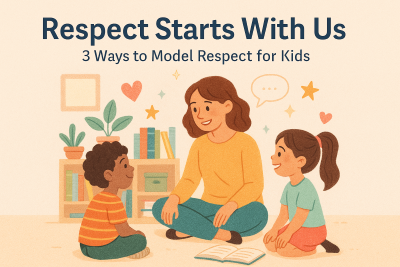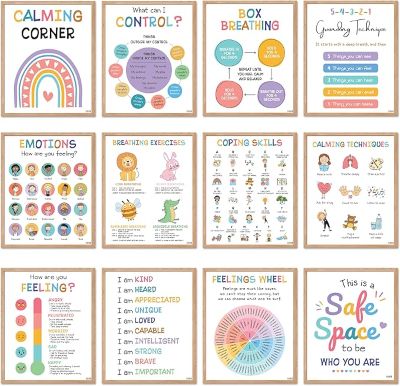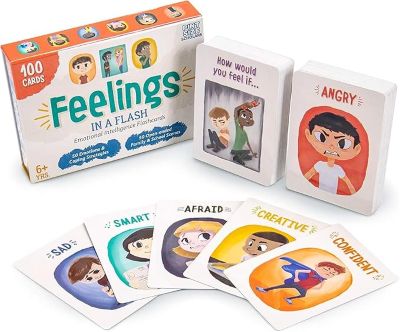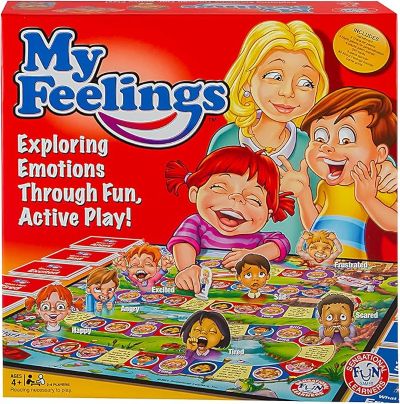Respect Starts With Us: 3 Ways to Model Respect for Kids

We talk a lot about respect in our classrooms and homes — but do we model it, or do we simply expect it?
For children, respect is not something that just clicks into place when we tell them to behave. It’s something they learn by watching us. Whether you’re a teacher managing a group of students or a parent guiding your child through homeschool lessons, the way we treat children teaches them how to treat others — and themselves.
So, how do we actually model respect? Let’s explore three simple yet powerful ways to embed respect into our everyday interactions with kids.
These beautifully illustrated calming corner posters help young learners recognize emotions, build coping skills, and feel safe. Perfect for classrooms, homeschooling spaces, or therapy rooms.
1. Be Genuine: Kids Know When You’re Not
Children are masters of emotional honesty. They know when we’re pretending to listen or faking interest. Instead of just nodding along, show them that you truly care.
Try asking:
- “Who did you play with today?”
- “What part of your day was the most fun?”
- “Was your test tricky or easy?”
The key here isn’t the question — it’s the listening. When a child sees that you are truly present, they feel safe. One student once told me, “You really listen to me. That makes me feel safe.” That’s the kind of trust and respect that builds connections.
This engaging flashcard set helps kids recognize emotions and respond with empathy. With real-life scenarios and expressive face cards, it’s a powerful tool for building emotional intelligence, especially for younger learners and children with special needs.
2. Show Them They Matter
Go beyond academics. Ask about their hobbies, friendships, and passions. When we show curiosity about their world, we demonstrate that they matter, not just as students or children, but as individuals.
Start with:
- “What do you love doing after school?”
- “Who’s your best friend? What do you love doing together?”
- “Tell me more about your favorite hobby!”
Listening with enthusiasm shows kids they’re seen and valued. It makes a lasting impact.
This therapist-recommended game encourages children to open up about their feelings in a playful, supportive way. Backed by experts and perfect for classrooms, homeschool, or therapy settings.
3. Celebrate the Good You See
It’s easy to correct behavior. But how often do we pause to praise?
Noticing the small things — a new haircut, a kind act, a courageous effort — builds self-worth and connection. A simple compliment like, “I noticed you helped your friend clean up today — that was really thoughtful,” goes a long way.
When kids feel respected, they thrive. And when we show them consistent warmth, it always comes back to us.
Final Thoughts: Respect Is Grown, Not Demanded
Respect isn’t something we can force. It’s earned, modeled, and grown over time. It lives in our everyday choices — in the way we speak, listen, and respond.
So next time you ask for respect, pause and ask yourself:
✨ Am I modeling it right now?
Let’s raise a generation that not only knows what respect means but lives it. And it starts with us.
🔗 Follow @theinspiredfairyenglish for more teaching inspiration, mindful parenting tips, and creative printable tools.
Wishing you inspiration and joy in your teaching journey! 🪄✨
The Inspired Teacher
Some links may be affiliate links, which means I earn a small commission if you choose to buy—at no extra cost to you!



